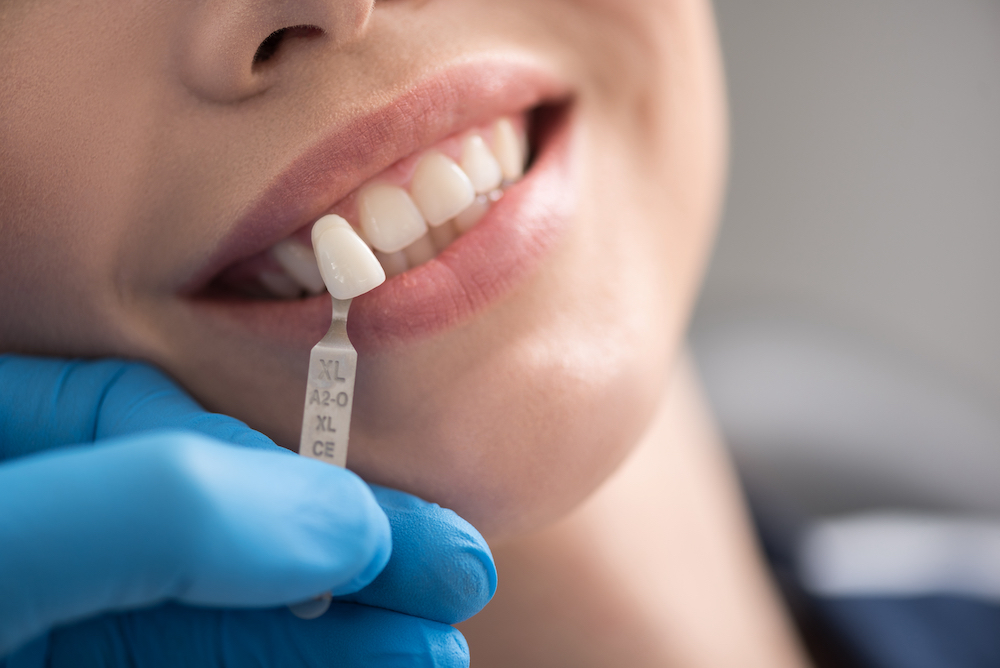
When you lose a tooth to disease or injury, you can experience various issues. These include changes to chewing patterns, defective speech, or bone loss that result in discomfort. Replacing the missing tooth with a dental implant can improve your dental health and quality of life.
What Are Dental Implants?
Despite numerous improvements in dental care, more than 100 million Americans are missing at least one tooth. That is mainly due to injury, tooth decay, and gum disease. Dentures and bridges were the only treatment options for those with missing teeth for many years. Nowadays, dental implants are available.
A dental implant is a replacement tooth root that matches your natural teeth. It provides a strong foundation for removable replacement or permanent teeth. The structure of a complete dental implant system consists of the implant body, abutment, and an abutment fixation screw.
A dentist surgically inserts the implant body in the jawbone and attaches the implant abutment to it using the abutment fixation screw. It extends through the gums to support the artificial tooth.
Are You a Good Candidate?
You may be a good candidate for dental implants if you have one or more missing teeth. They are the best way to replace missing teeth. Most people are good candidates. However, dental implants are not for everyone.
Good candidates are patients with good oral hygiene and healthy gum and bone tissue. Even those with some bone loss can still benefit from dental implants. While dental implants are the best solution for missing teeth, it would help to determine your candidacy for this treatment. Some of the factors that make a good candidate include:
Good Oral Health
It would be best if you had good oral and overall health to be a good candidate for this treatment. Inform your dentist during your consultation if you have oral health issues or preexisting medical conditions.
Older Than 18
Dental implants require enough jawbone support and are permanent. So, they are not ideal for young patients who may not yet have fully grown adult teeth. Changes in their oral development could affect the success of their dental implant.
Nonsmoker
Cigarettes can prevent your dental implant from healing correctly, increasing the risk of implant failure. That is why dentists recommend quitting smoking before undergoing this procedure.
Patients at Risk of Poor Outcomes
Cancer, alcoholism, uncontrolled diabetes, severe gum disease, and radiation to the jaws are all risk actors that can lead to poor outcomes. You may be unsuitable if you take certain drugs or steroids that suppress your immune system. Also, you may not be the best candidate if you severely clench or grind your teeth. Doing so may cause long-term damage due to too much pressure on the implants.
Enough Gum Tissue and Jawbone
Dental implants require a stable foundation. Good candidates are those with healthy gum tissue and jawbone. However, your dentist may recommend a bone graft to revitalize your depleted jawbone before installing a dental implant.
Successful implantation begins with a thorough oral evaluation. Your dentist will give you a mouth X-ray and possibly a CT scan to help identify problem areas and accurately determine the appropriate treatment. Your dentist is in the best position to decide whether you are a good candidate for dental implants.
For more on dental implants, visit Woodbury Family Dentistry at our office in Orlando, Florida. Call 407-282-3232 to schedule an appointment today.








